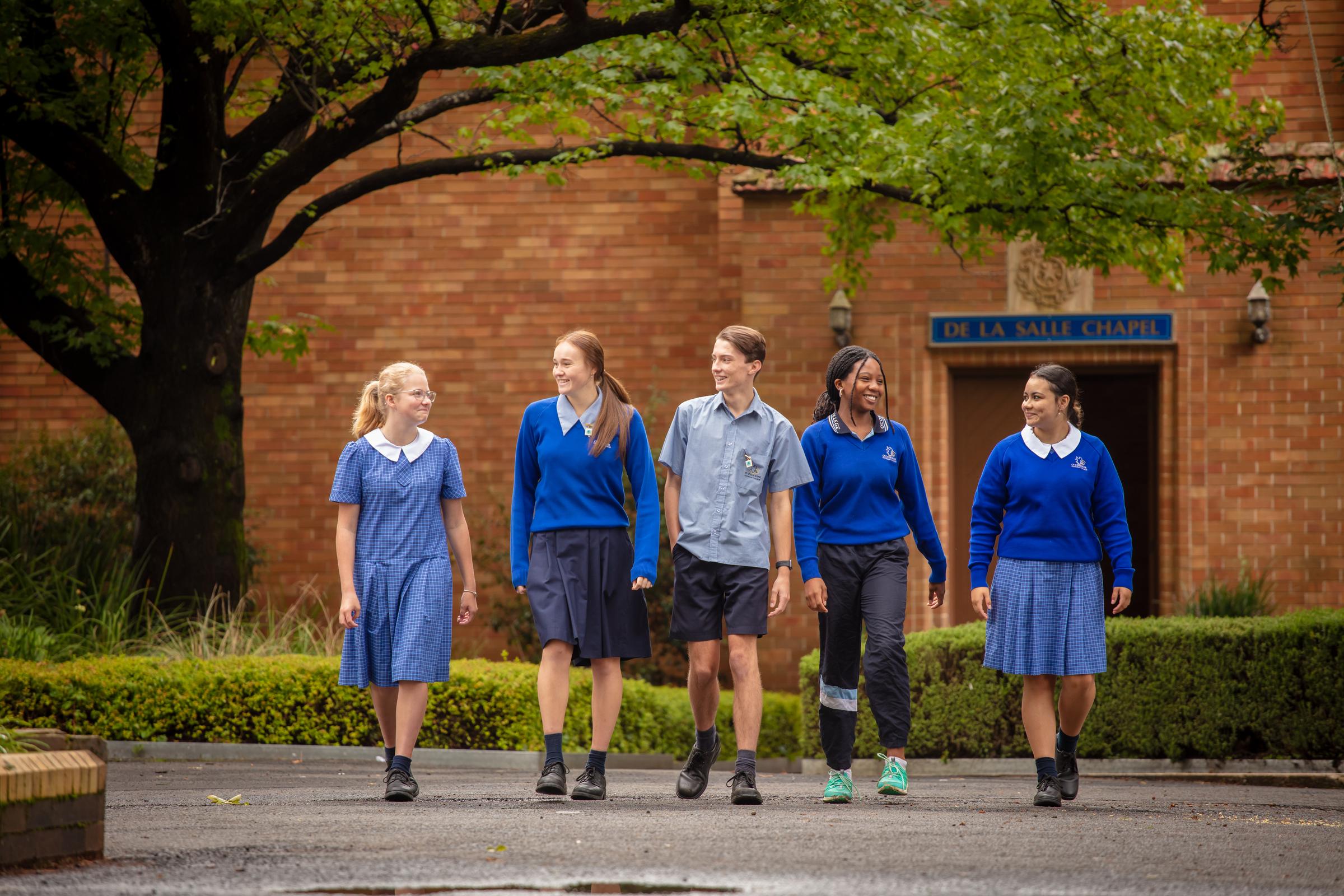Assistant Principal - Learning and Wellbeing - Happening Events
Mr Damian Roff

Assistant Principal - Learning and Wellbeing - Happening Events
Mr Damian Roff
Flipped Classrooms and Home Learning
Reflecting on conversations that arose during student-led conferences recently held at O'Connor in Stage 4 and Stage 5, a reasonably common thread was "how much homework should my child be doing?"
It is in fact a very interesting question that has been put under the microscope in terms of academic debate with really, much more research to be done. Here are some of the arguments.
Firstly, research done by Harris Cooper at Duke University in 2006 and reviewed in 2014. in America is often cited as the cornerstone of the pro homework camp. His research indicated a correlation with homework and results in tests and that this correlation was stronger in older students. Critics argue whether this is correlation or causation. That is, does homework lead to successful students or are successful students just more likely to do homework? Critics also argue that the data is anecdotal insofar as it depends upon students accurately saying how much homework was completed. With traditional expectations regarding homework, it is research that schools have used to have a quick answer for parents that a graduated amount of homework in increments of 10 minutes from Year 7 up to 2 hours for Year 12 students is a reasonable guide. Cooper argues that this is not over burdensome for the average student.
Other studies including those conducted by Alfie Kohn the author of The Homework Myth: Why Our Kids Get Too Much of a Bad Thing, take a more holistic approach to the value of homework stating that its disadvantages far outweigh any perceived advantages. Kohn suggests “The practice of homework assumes that only academic growth matters, to the point that having students work on that most of the school day isn’t enough. He asks, "What about homework’s effect on quality time spent with family? On long-term information retention? On critical-thinking skills? On social development? On success later in life? On happiness?"
Comparative studies from different countries seemingly question the value of homework. Countries that give very little homework such as Finland report better academic outcomes than those that give more such as America. Most academics, however, agree that comparing different cultures can be unhelpful.
John Hattie author of Visible Learning, using statistics to look at effect sizes on learning of a number of factors infers that there is complexity in the argument regarding homework. Similar to Cooper, Hattis study sees an increase on the effect size of homework on learning as students reach secondary school (it is virtually zero in primary school) and although the effect is still low, he does not discount the value of homework. He does however make inferences to the role of homework (there is no evidence regarding improved outcomes in time management), the quantity of homework (no more than an hour) and the type of homework (non complex, practice and task oriented). He also acknowledges the complexities of human beings. We are all different.
Confused? That is OK. There is at least some consensus regarding traditional expectations and students doing too much homework. So what happens at O'Connor? If you look through a student diary, you will find a section on Home Learning. Here you will notice 4 Key purposes; Practice, Purpose, Participation and Personal Development. You will also note a progression from some literacy and numeracy skills and physical activity in Stage 4 to a more involved process in Stage 6.
Part of preparation (one of the 4ps) for class includes the concept of flipped learning. A widely agreed positive effect on learning is prior knowledge or what you bring to the classroom. A flipped approach is when a student undertakes simple introductory tasks on a topic, possibly a video and takes that knowledge to be explored in more depth and with greater complexity with the teacher in class. The teacher is then better able to coach and provide a differentiated approach to individuals and small groups rather than a less effective approach as a lecturer at the front of class. Our lessons over the last few years with a need to use technology for home learning are that students are more than ever capable of accessing a flipped classroom.
So the next time you ask a teacher how much homework should my child be doing, make a cup of tea, sit down and possibly be prepared for a long and complicated response. At the very least perhaps some time to look over the next day's classes and do a small amount of preparation may make for greater outcomes in terms of learning.
Mr Damian Roff
Assistant Principal - Learning and Wellbeing


| Date | Event and Time |
|---|---|
| 15 August 2022 | HSC Trials Commence |
| 11 September 2022 (TBC) | Family Mass 5.30 pm St Mary and Joseph's Cathedral |
| 1 September 2022 | Step Day |
| 21 September 2022 | Year 12 Final Mass - 6-8 pm |
| 23 September 2022 | Year 12 Graduation Assembly |